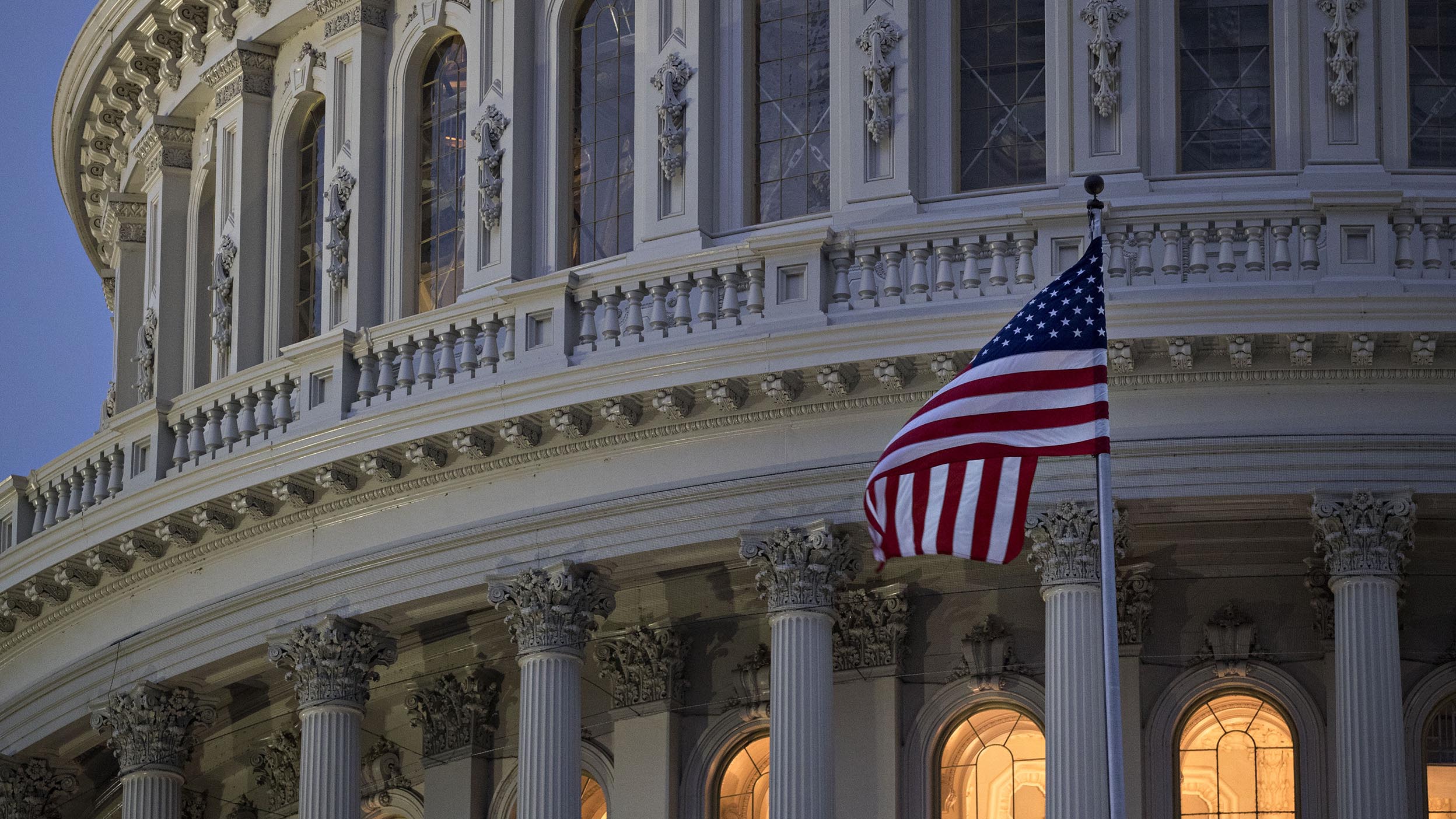
Markets and Economy Above the Noise: Policy uncertainty persists
The challenges of the current investment environment are well documented, so maybe it’s more interesting to talk about what could go right.

For more than a century, markets have advanced over the long-term despite war, recession, oil shocks, political assassinations, and much more.
Military conflicts tempt investors to give up on to their investment plan, but these events haven't historically stopped long-term market growth.
Geopolitical conflicts, while unnerving, shouldn’t change investors’ long-term investment plans, in my view.
History is dotted with wars and other challenging times. Military conflicts, and historic events in general, may seem like the right moment to reexamine an investment plan given what may seem like heightened risk. But keeping a long-term perspective is key. Over more than 120 years, the stock market has grown despite war, recession, oil shocks, political assassinations, and much more. Tumultuous events haven't derailed the long-term growth of financial markets.
If there’s a factor that impacts market performance, there’s an index to measure it. Geopolitical risk is no exception. The chart below illustrates 11 points in history where we experienced a peak in the Geopolitical Risk Index, and it shows the return of the S&P 500 Index 12 months after that peak. In most cases, the stock market rose significantly in the year following peak geopolitical risk.
S&P 500 Index returns 12 months after a peak in the Geopolitical Risk Index
While military conflicts understandably generate concerns about potential market impact, I believe long-term investors should focus on three questions:
Ultimately, I believe investors should stay focused on the businesses that will harness innovations such as artificial intelligence and robotics, develop treatments for debilitating diseases, evolve the nation’s energy sources, and invent new technologies and industries that aren’t even on the radar. History suggests that innovations — and investment opportunities — will continue irrespective geopolitical difficulties.
For all the focus on geopolitics, monetary policy probably matters more. The old adage holds true: Don’t fight the Fed. Historically, the economy has been hurt or helped by monetary policy conditions. It's important that the Fed recently cut interest rates by 50 basis points and seems poised to cut again before the end of the year.
Typically, the answer is no, so long as the conflict remains contained or regional. And that can run counter to what some investors might expect. Consider a couple of examples. The MSCI Poland Index has been one of the world's best-performing indexes since Russia invaded Ukraine, climbing 37.8% from the day of the invasion on Feb. 24, 2022, through Sept. 2024.1 The MSCI Israel Index is up 29.2% in the one year following the Hamas attack on Oct. 7, 2023. These aren't outcomes many investors might have expected in the earlier days of those conflicts.
While unnerving, geopolitical conflicts shouldn’t change investors’ long-term investment plans, in my view. History has shown that other factors — economic growth, business innovation, and monetary policy — drive the path of the markets.
Source: Bloomberg L.P., as of May 31, 2024. Results measured in US dollars. Indexes cannot be purchased directly by investors. Past performance is not a guarantee of future results. The MSCI Poland Index is designed to measure the performance of the large and mid cap segments of the Polish market.

The challenges of the current investment environment are well documented, so maybe it’s more interesting to talk about what could go right.

While stock market volatility can be unsettling in times of uncertainty, remembering these things can help you weather the storm.

While the setup for markets was good coming into 2025, they’ve struggled as investors assess ongoing changes to the US policy approach.
Important information
NA3965438
Header image: Who is Danny / Adobe Stock
Investors should consult a financial professional before making any investment decisions. This does not constitute a recommendation of any investment strategy or product for a particular investor. Investors should consult a financial professional before making any investment decisions.
All investing involves risk, including the risk of loss.
Past performance does not guarantee future results.
Investments cannot be made directly in an index.
In general, stock values fluctuate, sometimes widely, in response to activities specific to the company as well as general market, economic and political conditions.
The Consumer Price Index (CPI) measures change in consumer prices as determined by the US Bureau of Labor Statistics. Core CPI excludes food and energy prices while headline CPI includes them.
The S&P 500® Index is a market-capitalization-weighted index of the 500 largest domestic US stocks. The S&P 500 Total Return Index assumes that all cash distributions are reinvested.
The MSCI Poland Index is a free-float weighted equity index. It was developed with a base value of 100 as of December 31 1992 .
The MSCI Israel Index is a free-float weighted equity index. It was developed with a base value of 100 as of December 31 1992 .
The opinions referenced above are those of the author as of October 28, 2024. These comments should not be construed as recommendations, but as an illustration of broader themes. Forward-looking statements are not guarantees of future results. They involve risks, uncertainties and assumptions; there can be no assurance that actual results will not differ materially from expectations.
This link takes you to a site not affiliated with Invesco. The site is for informational purposes only. Invesco does not guarantee nor take any responsibility for any of the content.